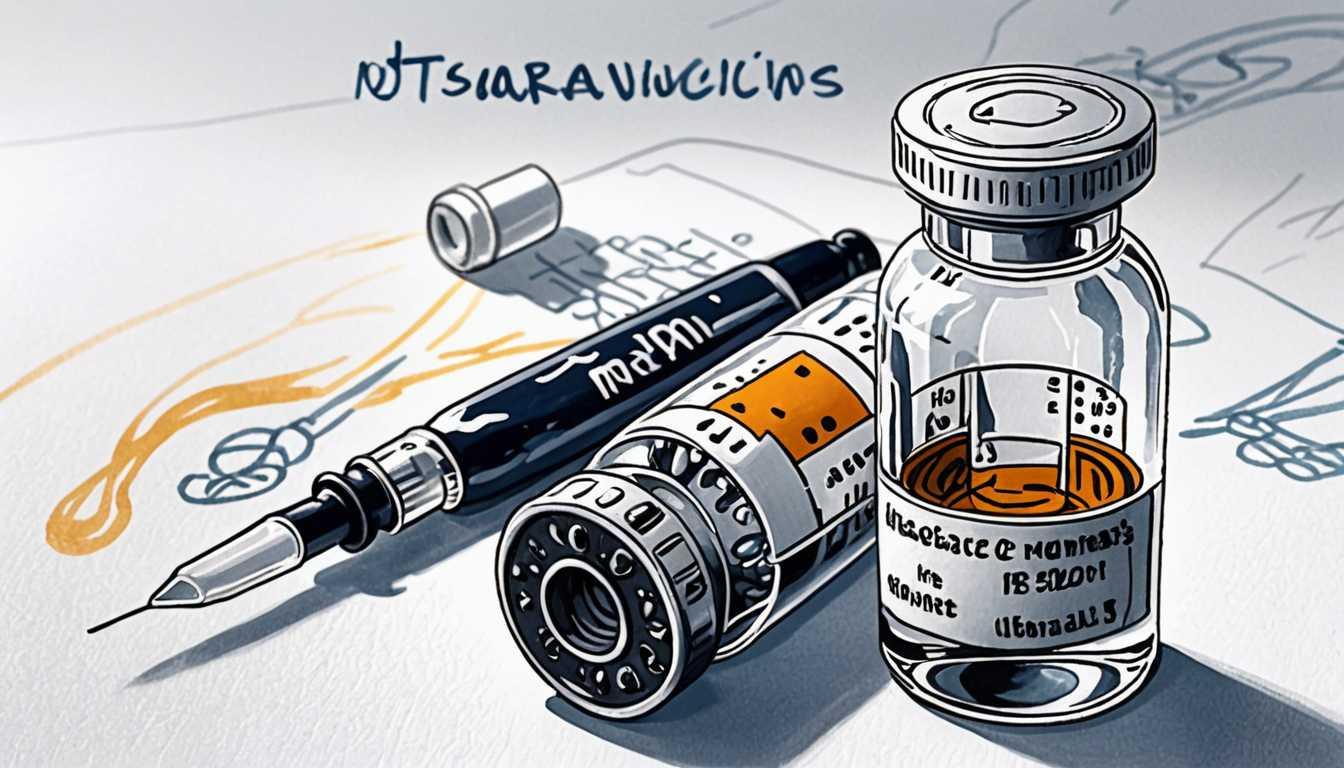Driving Health: AI & Diabetes Care
June 2023
University of Bristol
Introduction
Dive into the world of how tech used for self-driving cars is steering towards a healthier future for type-1 diabetes patients! University of Bristol scientists are shifting gears with machine learning, making blood glucose control safer and more effective. Imagine a world where managing diabetes is as advanced as playing chess with a robot or cruising in autopilot mode. This study isn't just a test drive; it's showing real promise, especially for kids needing a co-pilot in diabetes management. Buckle up for a fascinating read!
READ FULL ARTICLEWhy It Matters
Discover how this topic shapes your world and future
Revolutionizing Healthcare with a Digital Twist
Imagine a world where managing a chronic condition like type-1 diabetes isn't just a series of trials and errors but a finely tuned process, personalized just for you. That's the promise of using machine learning, a type of artificial intelligence, in healthcare. Scientists at the University of Bristol are exploring how reinforcement learning, a specific kind of machine learning, could revolutionize the way we manage type-1 diabetes. This isn't just about making life easier; it's about making it safer and more enjoyable for those affected. By learning from past data rather than guessing, we can make smarter decisions that could lead to better health outcomes, especially for children who face a lifelong journey managing their condition. This breakthrough could mean an extra one-and-a-half hours a day in the safe zone for blood glucose levels, which might not sound like much, but it's a giant leap towards a healthier, happier life. And it's not just about diabetes; this approach could transform how we tackle a wide range of health challenges, making personalized care a reality for many.
Speak like a Scholar
Machine Learning
A type of artificial intelligence where computers learn to make decisions based on data.
Reinforcement Learning
A machine learning technique where a program learns to make better decisions through trial and feedback.
Offline Reinforcement Learning
Learning from past data without needing to experiment in real-time.
Artificial Pancreas
A device that automatically controls blood glucose levels with minimal input from the user.
Algorithm
A set of rules or instructions designed to solve a problem or perform a task.
Regulatory Approval
Official permission from authorities to use or sell a new product or service, especially in healthcare.
Independent Research Ideas
Exploring the Ethics of AI in Healthcare
Investigate the ethical implications of using artificial intelligence, like machine learning, in healthcare decisions. What are the potential benefits and risks?
Personalization in Medicine Through Technology
How can machine learning contribute to more personalized healthcare solutions? Look into various conditions beyond diabetes where this could be applied.
The Role of Data in Shaping Health Outcomes
Examine how the quality and quantity of data affect the effectiveness of machine learning in healthcare. Consider the challenges of data privacy and security.
Comparative Study of AI Algorithms in Managing Chronic Conditions
Analyze different types of machine learning algorithms and their effectiveness in managing chronic conditions like type-1 diabetes.
The Future of Pediatric Healthcare
Investigate how advancements in technology like machine learning could specifically improve healthcare for children with chronic conditions. What are the unique challenges and opportunities?
Related Articles

Outsmarting Pandemics: A New Vaccine Play
June 2023
Cornell University

Wearable Sensors: The Future of Healthcare
June 2024
Caltech Magazine

Smart Anesthesia: The Future of Surgery
November 2023
Massachusetts Institute of Technology (MIT)

Glowing Pills: The Gut Health Revolution
October 2023
MIT Technology Review

Brain Waves & Anesthesia: MIT's Discovery
July 2023
Massachusetts Institute of Technology (MIT)